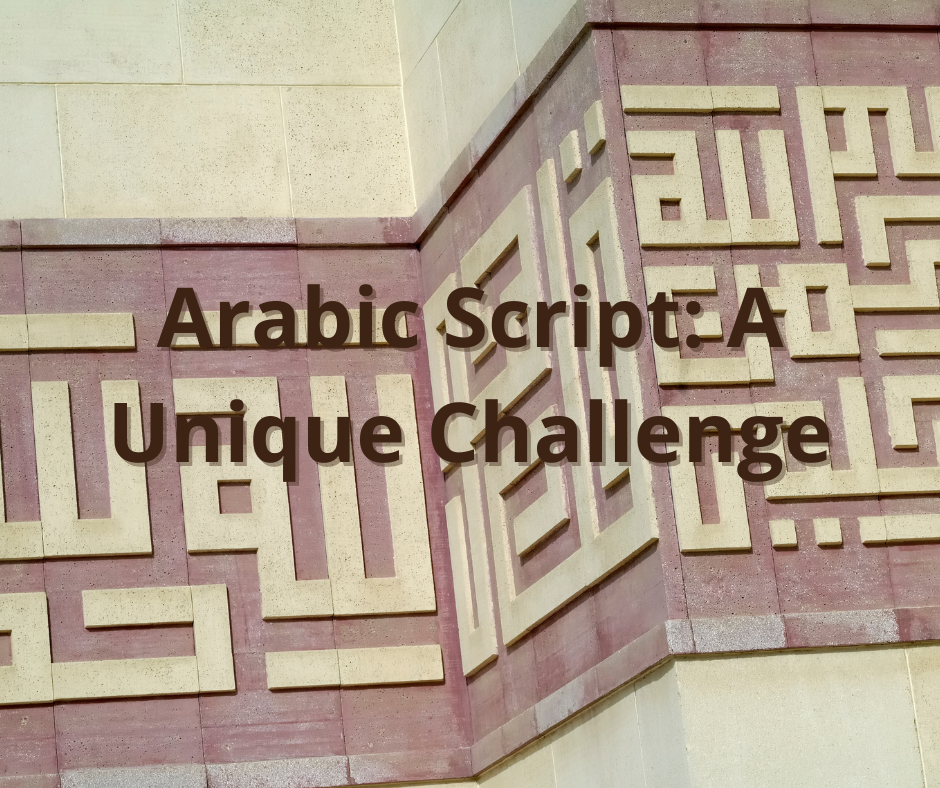Arabic is a fascinating language with a rich history and cultural significance. Whether you’re drawn to its lyrical beauty, its importance in the business world, or simply the desire to connect with Arabic-speaking communities, you may be wondering: How long does it really take to learn Arabic?
Understanding Arabic Language Basics
Before diving into the journey of learning Arabic, it’s essential to grasp the fundamentals. Arabic is a Semitic language with a unique alphabet and grammatical structure. Understanding its basic phonetics and script will lay a solid foundation for your learning journey.

The Importance of Motivation
Learning any language requires dedication, but Arabic presents its own set of challenges. Staying motivated, whether through a love for the language, cultural appreciation, or personal goals, is crucial for overcoming obstacles along the way.
Different Dialects: Which One to Choose?
Arabic boasts various dialects spoken across different regions. Choosing a specific dialect depends on your goals. Modern Standard Arabic (MSA) is the formal written language used in literature, media, and formal settings, while regional dialects cater to daily conversations.

Arabic Script: A Unique Challenge
The Arabic script, with its flowing curves and intricate ligatures, can appear daunting to beginners. Patience and practice are key to mastering this beautiful script, which adds an artistic flair to your language journey.
Resources for Learning Arabic
Fortunately, numerous resources are available to aid your Arabic learning journey. From textbooks and online courses to language exchange programs and immersive experiences, there’s a wealth of options to suit every learning style.
Structured Learning vs. Self-Study
Deciding between structured learning, such as classes or tutoring, and self-study methods like apps and online resources, depends on your schedule, budget, and preferred learning pace. Experimenting with both can help you find the most effective approach.
Immersion: The Fastest Route to Fluency?
Immersing yourself in an Arabic-speaking environment accelerates language acquisition by providing real-life context and constant exposure. Whether through travel, living abroad, or virtual immersion programs, diving headfirst into the language can yield remarkable results.
Practice Makes Perfect: Consistency is Key
Consistent practice, whether through daily conversations, writing exercises, or listening to Arabic media, is essential for language retention and improvement. Embrace each opportunity to use and engage with the language, no matter how small.
Overcoming Common Challenges
From grammar hurdles to pronunciation pitfalls, learning Arabic presents its share of challenges. Seeking support from fellow learners, tutors, or online communities can offer valuable guidance and encouragement during tough times.
Tracking Your Progress
Tracking your language learning progress helps maintain motivation and provides a sense of accomplishment. Set achievable goals, monitor your advancements, and celebrate your successes along the way.
Setting Realistic Expectations
Learning Arabic is a journey filled with ups and downs. Setting realistic expectations and being patient with yourself are vital components of a successful language learning experience. Remember, progress takes time.
Celebrating Milestones Along the Way
As you embark on your Arabic learning journey, celebrate every milestone, whether it’s mastering a new alphabet letter, holding a conversation, or understanding a complex sentence. Each step forward is a testament to your dedication and progress.
Conclusion
Learning Arabic is a rewarding endeavor that opens doors to new cultures, perspectives, and opportunities. By embracing the language’s challenges and joys, staying motivated, and practicing consistently, you can embark on a fulfilling language learning journey that lasts a lifetime.
FAQs
How long does it take to become fluent in Arabic?
Becoming fluent in Arabic varies for each individual and depends on factors like dedication, learning method, and prior language experience. On average, it may take several years of consistent practice to achieve fluency.
Is Arabic a difficult language to learn?
Arabic presents unique challenges, such as its complex script and grammatical structure, but with perseverance and dedication, it is certainly attainable for learners of all levels.
Can I learn Arabic on my own?
Yes, many learners successfully teach themselves Arabic using a combination of resources, dedication, and practice. However, structured learning environments can also be beneficial, depending on individual preferences.
Should I learn Modern Standard Arabic or a dialect?
The choice between Modern Standard Arabic (MSA) and a regional dialect depends on your goals. MSA is ideal for formal contexts, while dialects are better suited for everyday communication.
What is the best way to practice speaking Arabic?
Practicing speaking Arabic regularly with native speakers, language partners, or tutors is essential for improving fluency. Additionally, utilizing language exchange programs and immersive experiences can enhance speaking skills.




